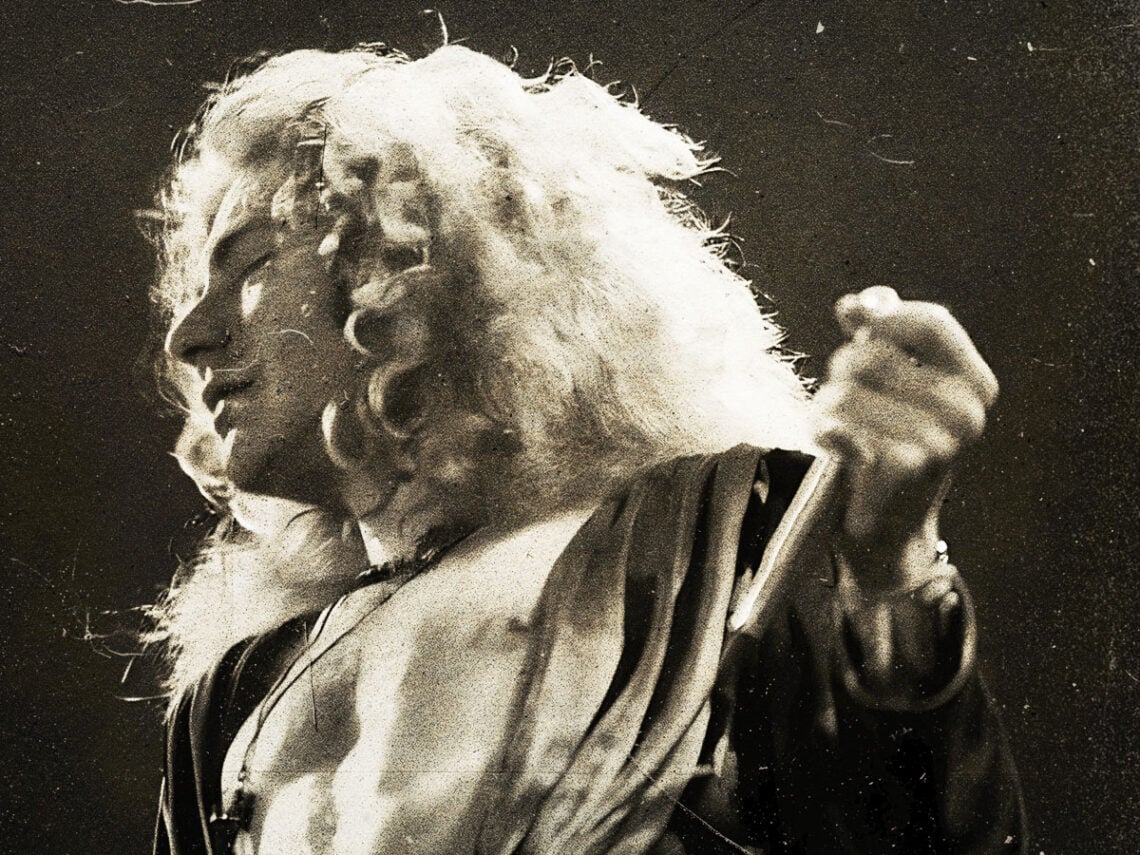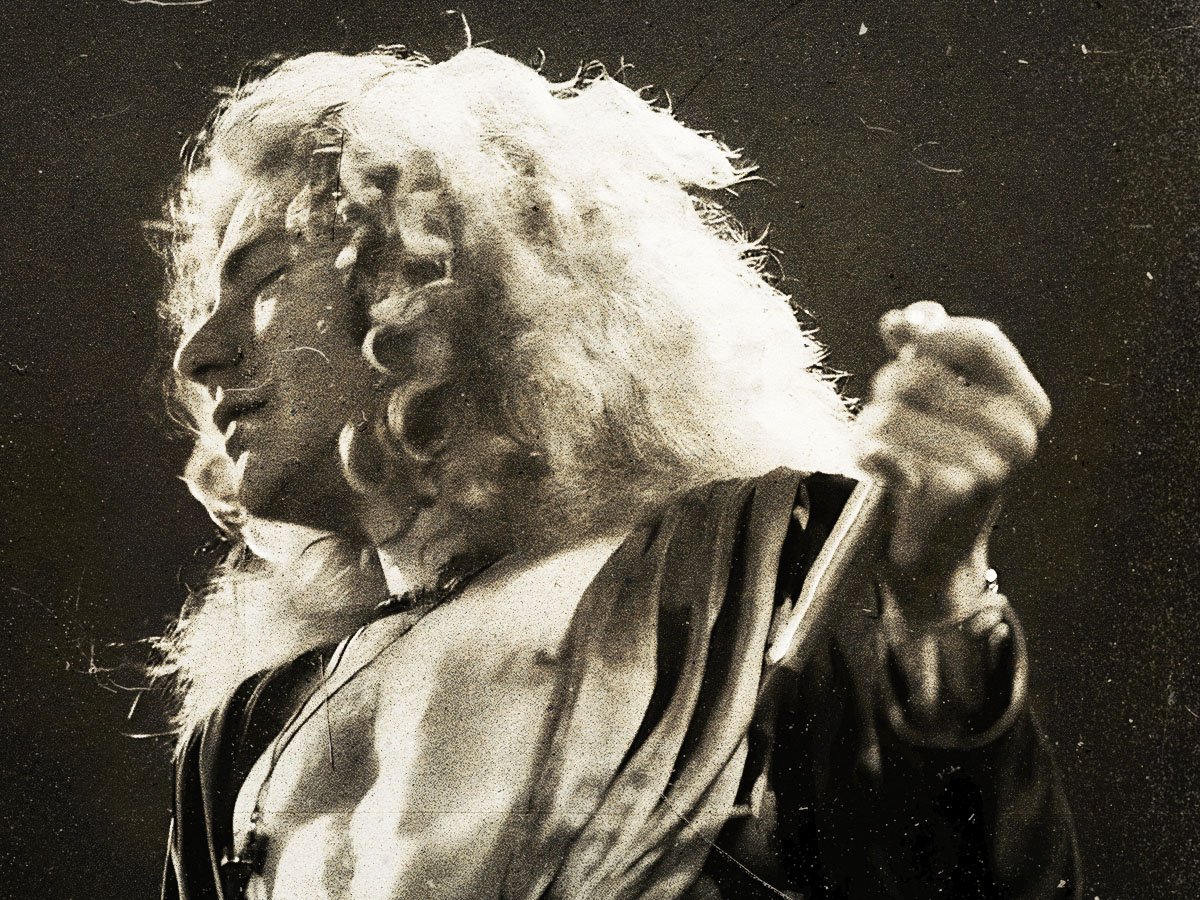
(Credits: Far Out / surrealuv)
Mon 1 September 2025 16:30, UK
They say imitation is the sincerest form of flattery, but when has it ever felt that way? Typically in the music world, imitation is more likely to land two artists in a vicious feud, or a back and forth of lawsuits. But the mature man learns to let it go, like Robert Plant did.
When Robert Plant was plucked out of a crowd to join Led Zeppelin, realistically, he didn’t have much going for him. Born in the Midlands, away from the bustling crowd of London, he was an outsider to the scene Jimmy Page was in. Removed from it all, Plant loved music but it seemed less realistic. So while he was still pursuing that passion, he was also making sure he had a plan B by training to be the finest accountant Staffordshire had ever seen.
But the second Page heard Plant’s voice, plan B was dead and gone – there was only one way forward from then on. “When I auditioned him and heard him sing, I immediately thought there must be something wrong with him personality-wise or that he had to be impossible to work with, because I just could not understand why, after he told me he’d been singing for a few years already, he hadn’t become a big name yet,” Page recalled of that first moment.
As he heard Plant sing Jefferson Airplane’s ‘Somebody to Love’, the guitarist was in awe. He was baffled by Plant’s talent, but mostly baffled by how no one else had snapped it up yet. So he sure as hell wasn’t letting it go. He brought him into the band there and then.
His voice was, and still is, a singular and utterly unique one. It’s a voice so powerful that it changed rock and roll, starting the process of making things heavier. But like every innovator, it meant that quickly, a lot of people wanted to do what Plant does, and a lot of people started to sound somewhat like him.
David Coverdale was one of them. It felt like a weird moment when Deep Purple picked up the phone to hire Coverdale in 1973. For outsiders looking in, it seemed as though the band had grabbed the nearest driver and set out in a bid to catch up to Led Zeppelin in their own lane. Comparison became constant chatter in rock circles, and when Page and Coverdale collaborated in the 1990s, the noise grew to an unmistakable din.
It would have been easy for a rivalry to break out, or for Plant to hate Coverdale was threatening to step on his toes. But actually, he was too mature for that.
“I think David and I go back a long, long way in separate camps. Maybe we just listened to the same thing so many times that we just started interpreting it the same way,” he said, dancing around the topic of their similarities with some niceties about their mutual influences.
But in the end, Plant couldn’t begrudge talent. “I think he’s alright,” he said, adding, “He’s alright, a good bloke, good singer.”
Related Topics

